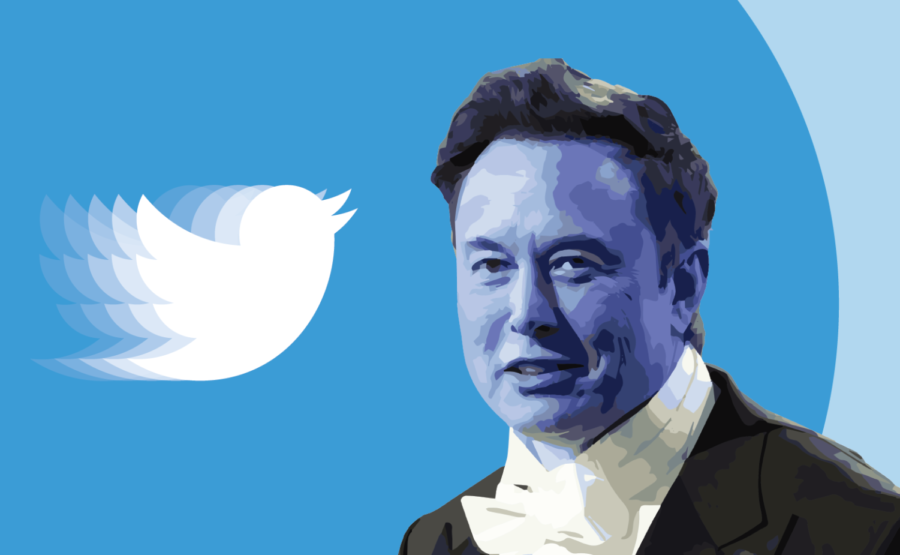Twitter Needs Reform. Can Musk Get it Done?
Many liberal and centrist commentators have expressed outrage at Elon Musk’s recent purchase of Twitter. Musk, a right-wing self-proclaimed free speech absolutist, vows to enhance free speech protection on the platform — the response to his proposal is consistent with the trend in which corporate liberals have supported a type of censorship and abandoned free speech principles for political advantage.
In truth, the internet, a technological instrument originally designed to enable communication free from corporate control, is routinely used by ruling-class power centers to control online discourse. In the past, exaggerated crises, such as Russiagate, have enabled tolerance of greater degrees of censorship under the guise of necessary protection from Russian disinformation. This use of social media has not provoked objection; on the contrary, because free speech on Twitter is ascribed to disturbing events like the Brexit vote and the Trump election, Musk’s proposal of extending this right has produced a liberal hysteria. The other argument emanating from the liberal sphere is protest to corporate control of communication — which seems hypocritical since they do not object as much to Jeff Bezos owning The Washington Post or other oligarchical corporations.
In addition, the censorship regime is almost always aligned with powers in Washington; at the start of the Covid-19 pandemic, anything other than deference to the pronouncements of Anthony Fauci and the WHO was immediately labeled as disinformation, despite questionable initial statements, including claims insisting upon the inefficiency of masks, from those groups. Even those antagonistic to Trump — such as German chancellor Angela Merkel and French President Emmanuel Macron — were concerned that his removal from Twitter subverted fundamental democratic principles (and in fact, studies show that his absence from Twitter has not impeded Trump’s popularity). Furthermore, granting Silicon Valley tech executives the power to unite to remove elected leaders is also deeply unsettling. Two weeks before the 2020 presidential election, Twitter’s campaign to algorithmically suppress any information regarding Hunter Biden’s emails was supported by former intelligence officials, including the former CIA director under Obama, who dismissed the controversy as Russian disinformation. In general, the ability to label something as disinformation is a dangerous political tool, and the government should not be able to dictate what is true and false through binding decrees.
Though Elon Musk has openly stated ambitions of restoring free inquiry, many supporters question the likelihood of his following through, considering he is not known for being particularly antagonistic to Washington powers. Musk’s goals, which have provoked much indignation, may turn out to be in conflict with profits, and power centers that rely on digital platforms for information control will pose challenges to his objectives. For Musk to restore Trump or banned QAnon accounts is plausible — less foreseeable is the reinstatement of the numerous Antifa accounts banned last year or Tesla union organizers who have exposed allegations of racist practices in the company. After all, Musk has a record of censoring critics and firing employees who disagree with him.
Instead of concentrating on the outrage around free speech — which is supposedly the fabric of American political life — a more important discussion should be held around reducing social media platforms’ lucrative monopolies on the attention economy. Another issue manifests in the monetary incentive of a privately owned digital platform — if public ownership were considered, the cyberspace could pursue its alleged goal of empowering ordinary people to govern themselves. This does not mean that Twitter should enable harassment, doxing, and direct incitement of violence; even on a publicly owned platform some rules must be enforced. However, it is difficult to reconcile the vision of complete freedom against the reality of censorship that exists, the former of which Musk’s purchase is unlikely to restore as it necessitates democratic deliberation and cannot be entrusted to the hands of self-serving oligarchs.






